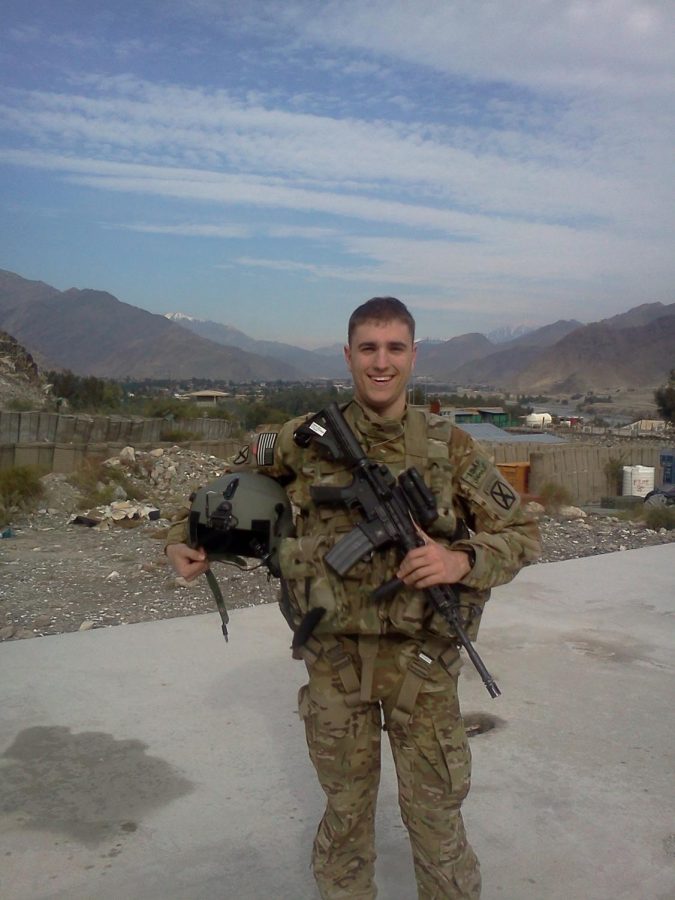The recent withdrawal of U.S. troops and personnel from Afghanistan and the series of events that followed raises questions about how this could impact the U.S. in the future.
The war between the U.S. and the Taliban started over 20 years ago with the U.S. invading Afghanistan, following the attack on the World Trade Towers on Sept. 11, 2001.
Trinity Prep alum and U.S. Army Aviation Major “Chuck” Charles-Fiodor Nadd was deployed in Afghanistan once in 2013 and a second time in 2018. As he watched the withdrawal, Nadd noted mistakes he thought the military was making.
“The first major mistake was giving up Bagram Airbase on July 2,” Nadd said. “[The United States] should have waited until we had a better assessment of the overall situation to give away our biggest air base, and we should not have given away our biggest air base in the middle of the night without coordinating with the local Afghan national army commanders.”
According to Nadd, giving up the airbase gave the impression to the soldiers and people of Afghanistan that the U.S. no longer had their back. Then, when the city of Kabul fell, the U.S. did not have a way to rapidly evacuate people, which caused a great deal of chaos.
Assistant Head of School Dennis Herron, although not deployed in Afghanistan, served six years in the air force. He agreed with Nadd that the withdrawal did not go as smoothly as
it could have.
“I feel horribly for the citizens of Afghanistan because now they are basically getting right back to what it was before we went in,” Herron said. “I wouldn’t say that it was a complete waste of time, or money, but I would say it was a failure.”
The U.S. has given stability in Afghanistan for the past 20 years, but with that, the losses have been significant 2,448 American service members, 66,000 Afghan national military and police, and 47,245 Afghan civilians, according to the Associated Press. Along with so many lives lost, over $2 trillion were spent on the war in Afghanistan, according to Forbes.
“It’s a sad loss of human life, in terms of our own military and human life, and for the Afghan people,” Herron said.
The challenging end of the war raises the issue that it may impact the U.S. in the future.
“My concern is that in future wars, local nationals might not be as willing to support allied efforts because they’re unsure about how to stay to our commitments,” Nadd said. “I hope it creates a world in which Americans are more engaged with what we are doing militarily all over the world, because, ultimately, politicians will respond to the demands of the people.”
The decision as a country to go to war is a decision that is very difficult in many ways, especially considering the amount of lives that could be lost. Herron brought up how heavy of a decision it is on the president and his advisors to go to war.
“Anytime that we have to make a decision to forcefully go somewhere and we know when that happens it’s going to end up with people dying, injured and so on,” Herron said. “If you’re the mom or dad of the soldier that went in on that particular day and got killed, and then you see the withdrawal and you go, ‘boy, what was that all about.’”
The U.S. promised allied forces safe harbor if the Taliban were able to come back to power, and Nadd thinks the withdrawal will cause problems in the future.
“It doesn’t send a good message for the future if we’re unable to fulfill those promises,” Nadd said.















